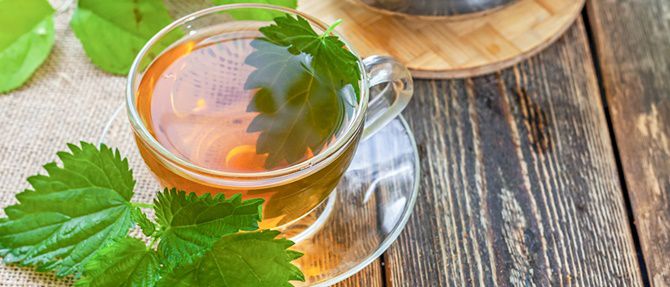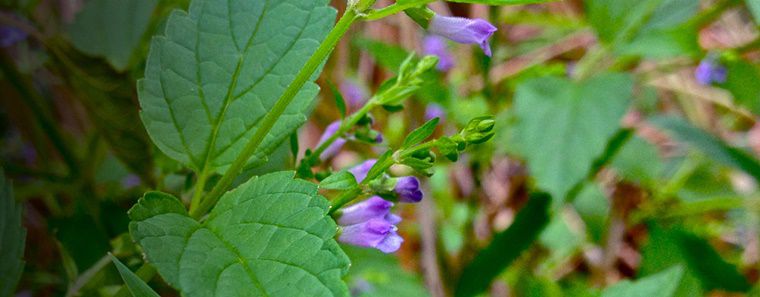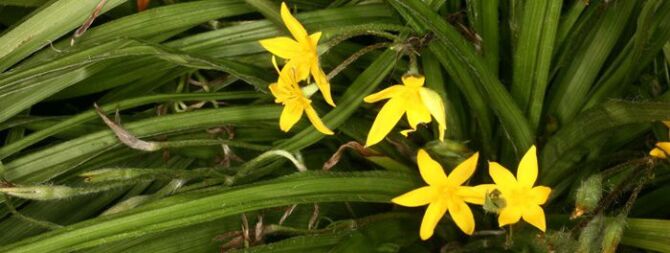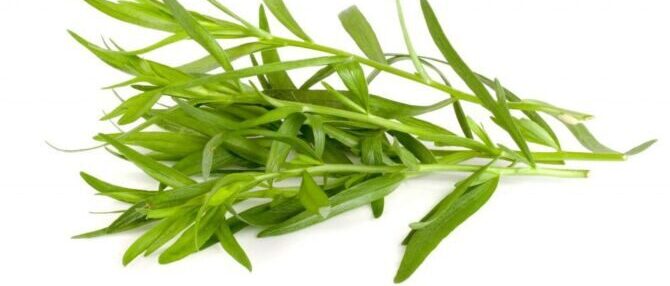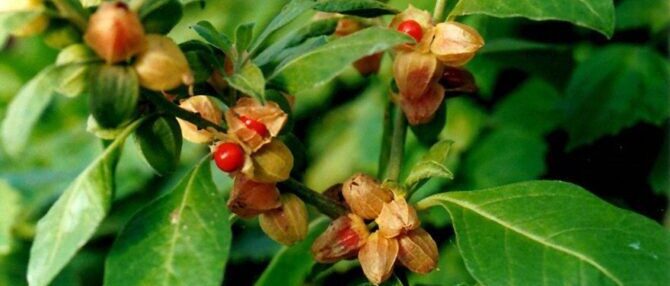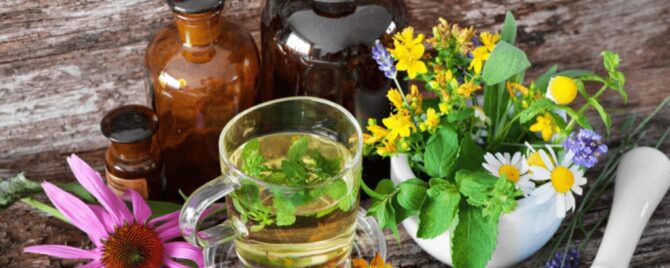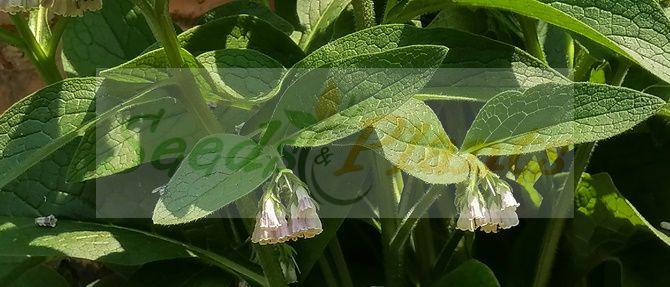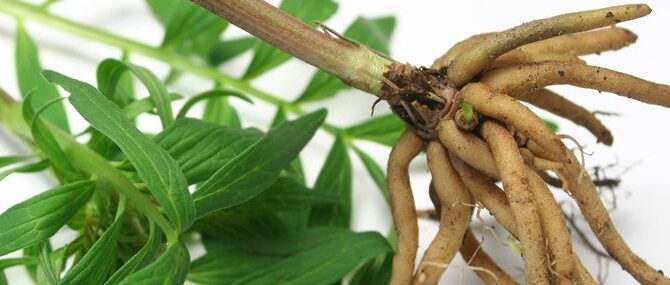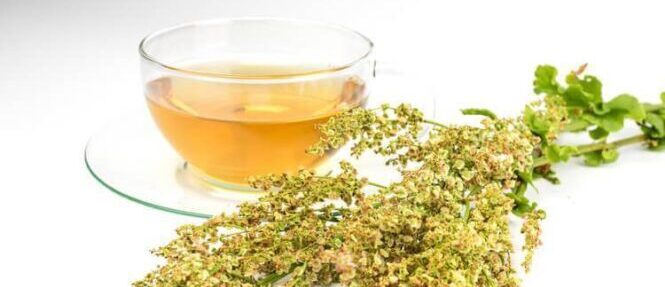Herbal Remedies
Stinging Nettle Medicinal Uses
Stinging Nettle Medicinal Uses is well known. It has been grown, foraged, and harvested for thousands of years. Documented accounts of its use date as far back as 1200 BC, and its uses are widespread. Stinging nettle (Urtica dioica), is a perennial flowering plant that grows in North America, Europe, and Asia. The plant has many hollow stinging hairs called “trichomes” on its leaves and stems, which act like needles that inject histamine, formic acid and other chemicals that produce a stinging sensation.
Nettles are packed with nutrients. High in Vitamin C, Vitamin A, and full of calcium, magnesium, iron, and potassium, they are also a good source of protein.
Stinging Nettle Medicinal Uses Overview
Stinging Nettle has antibacterial, anti-fungal, astringent, and anti-inflammation properties. It is rich in vitamins A, B, C, and K, along with containing carotene and iron.
- Pain Relief – It may help to reduce the symptoms of pain, thanks to its anti-inflammatory properties.
- Blood sugar and blood pressure – It is effective in lowering blood pressure and blood sugar levels, keeping them stable.
- Eczema – The antihistamines, anti-inflammatory, and antimicrobial properties of nettle helps in treating skin issues like eczema and acne.
- Arthritis – The leaves and stems of nettle have been used historically to treat arthritis and relieve sore muscles.
- Gout – It can help to clear out excess uric acid and relieve some symptoms of the disease.
- Anemia
- Hay fever – It reduces allergy symptoms by interfering with two key processes: the histamine response and the degranulation of mast cells.
- Urinary tract infections – Being a diuretic, nettle can promote healthy urination and also inhibit the growth of pathogens that causes UTI and kidney stones.
- Enlarged prostate – It may help to slow the growth of the prostate in people with BPH by affecting hormone levels or interacting with cells in the prostate.
- Immune Booster – The anti-oxidants and vitamins in nettle protect the immune system against damage and help to strengthen immunity.
Cautions: Stinging nettle can cause side effects, such as skin irritation, sweating and stomach upset. It can cause increased uterine (womb) contractions and consequent miscarriage. Thus, it should be avoided in pregnant women. Stinging nettle may also affect the blood’s ability to clot, and could interfere with blood-thinning drugs.
Stinging Nettle Herbal Preparations and Uses
Parts Used: Leaves (fresh or dried), stem and root.
- Paste/Compress for local application (after cooking)
- Creams/Ointments
- Tea
- Capsules
- Tinctures
Stinging Nettle Herbal Recipes
Nettle Tea Recipe
Ingredients:
- 1 cup of nettle leaves
- 2 cups of water
- Honey, according to taste
Directions:
- Boil 2 cups of water in a saucepan.
- Add nettle leaves to the water, reduce the heat and let it simmer for 5 to 10 minutes.
- Now, pour the tea into a cup, straining it with a sieve.
- Add a bit of honey, according to your taste.
Disclaimer
Medicinal Information:
All medicinal information on this website is for educational and informational purposes only and may not be construed as medical advice. The information is not intended to replace medical advice or treatment offered by healthcare professionals.
Seeds, Plants, Plant Cuttings, Geophytes and Dried Herbs:
In some countries and provinces, certain plants are deemed as invasive and are not allowed to be planted at all, whilst some plants are allowed to be grown only in certain areas or provinces. The onus is on you as the buyer to familiarize yourself with the regulations pertaining to your location, before purchasing any of our seeds, plants, plant cuttings, geophytes or dried herbs. We will not be held liable, should you purchase any seeds, plants, plant cuttings, geophytes or dried herbs. from us which are prohibited in your country or province.

